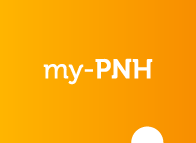PNH Symptoms
Recognise unresolved PNH symptoms in your life and shape your future
You can take charge of your health by better understanding your symptoms and communicating your PNH-related goals with your healthcare team. The symptoms of PNH vary greatly from person to person and these can include1-6:
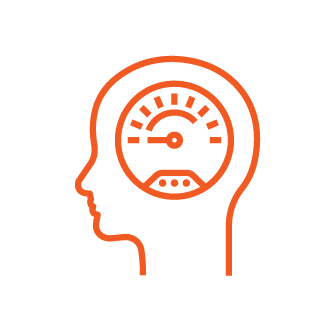
Fatigue or tiredness, which doesn’t seem to go away even after rest and sufficient sleep2-6
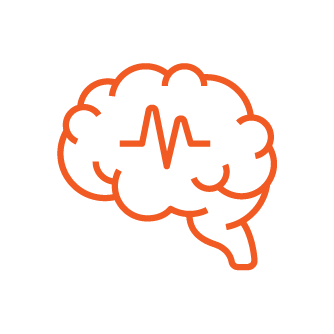
Difficulty concentrating or ‘brain fog’5
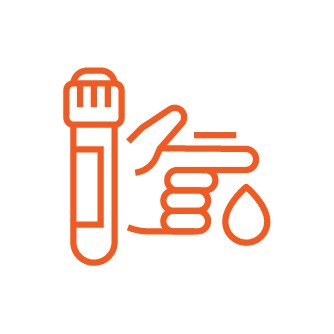
Anaemia, manifesting itself as a general feeling of weakness, tiredness, exhaustion, and shortness of breath1-6
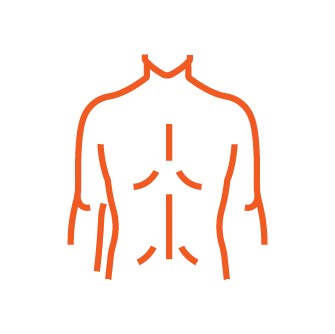
Back and abdominal pain1-6
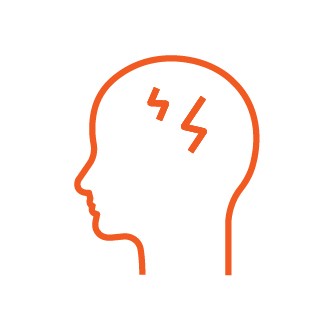
Severe headaches2,5,6

Blood clots3
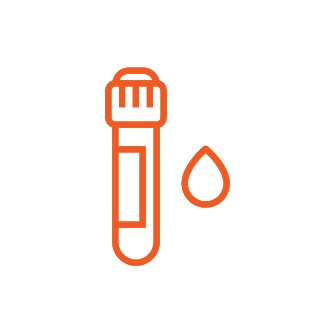
Haemoglobinuria (the presence of blood in urine)1

Involuntary smooth muscle contractions in internal organs2 These can cause further complications such as:
• Dyspnoea (difficulty breathing or shortness of breath)1-4,6
• Dysphagia (difficulty swallowing)2,4,6
• Erectile dysfunction2,4
The medical terms in PNH
To make the most of your appointments, it can be helpful to know the important medical terms used when discussing PNH.
You may not perceive the minor changes in your daily symptoms as important, or even notice them, but the symptoms you experience in your daily life can reveal valuable clues about what’s happening in your body.
It’s important that you always discuss your symptoms with your doctor; some can be mild, but others can lead to complications.1
To make the most of your appointments, record and track your symptoms over time, and collect questions to help your doctor to manage your PNH together. You may find this symptom tracker helpful to record and track your symptoms over time.
Additionally, use your appointments to communicate to your doctor or nurse how you want to live your daily life and what you want to achieve in the future.
References:
1. Devos T, et al. Diagnosis and management of PNH: Review and recommendations from a Belgian expert panel. Eur J Haematol 2018;101:737-749.
2. Meyers G, et al. Disease-related symptoms reported across a broad population of patients with paroxysmal nocturnal hemoglobinuria. Blood. 2007;110(11):3683.
3. Mitchell R, et al. Path to diagnosis of paroxysmal nocturnal hemoglobinuria: the results of an exploratory study conducted by the aplastic anemia and MDS international foundation and the national organization for rare disorders utilizing an internet-based survey. SM Clinical and Medical Oncology. 2017;1(1):1001.
4. Brodsky RA. Paroxysmal nocturnal hemoglobinuria. Blood. 2014;124(18):2804-2811.
5. Dingli D, et al. The burden of illness in patients with paroxysmal nocturnal hemoglobinuria receiving treatment with the C5-inhibitors eculizumab or ravulizumab: results from a US patient survey. Ann Hematol. 2022; 101(2):251-263.
6. Bektas M, et al. Paroxysmal nocturnal hemoglobinuria; patient journey and burden of disease. Manag Care Spec Pharm. 2020;26:S8-S14.
